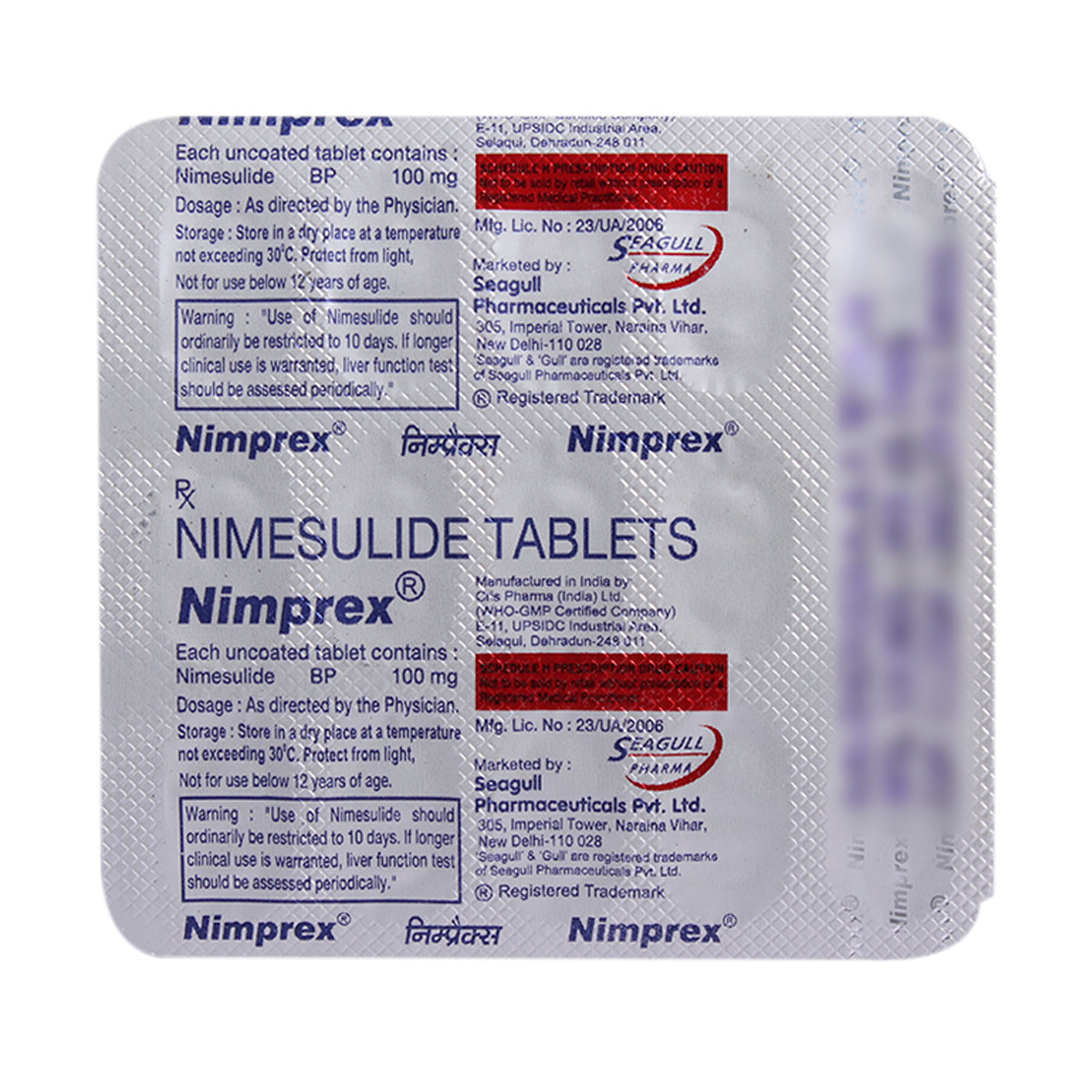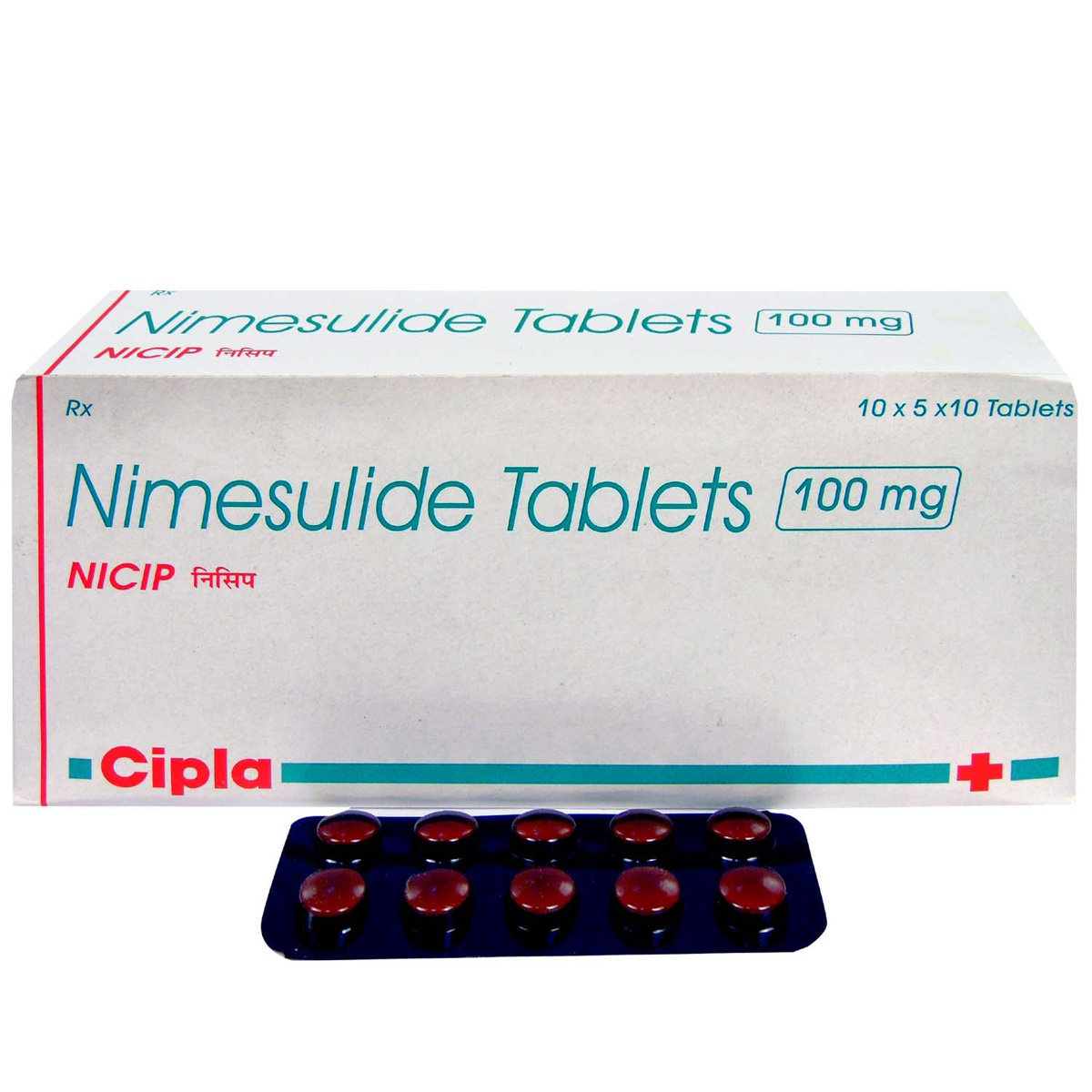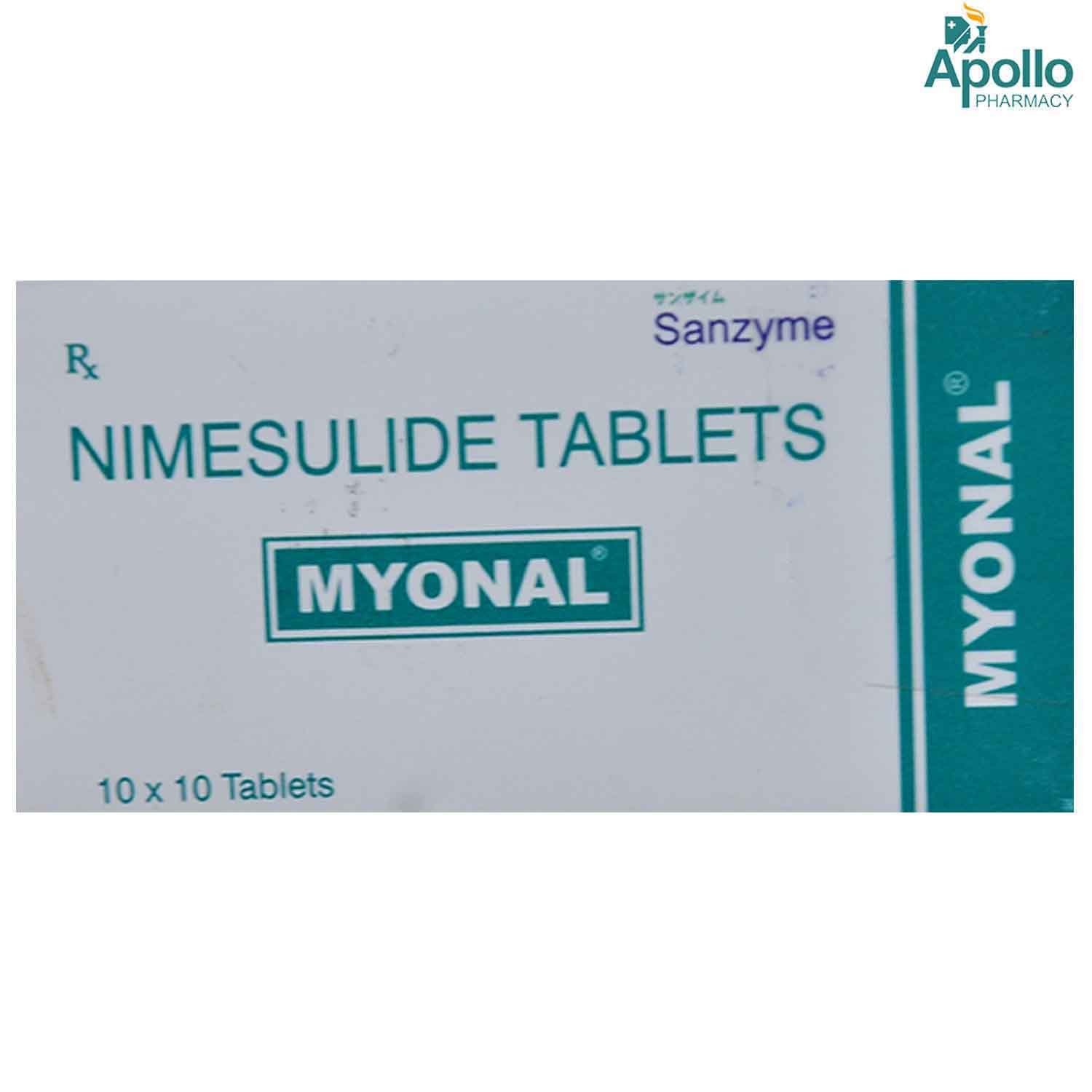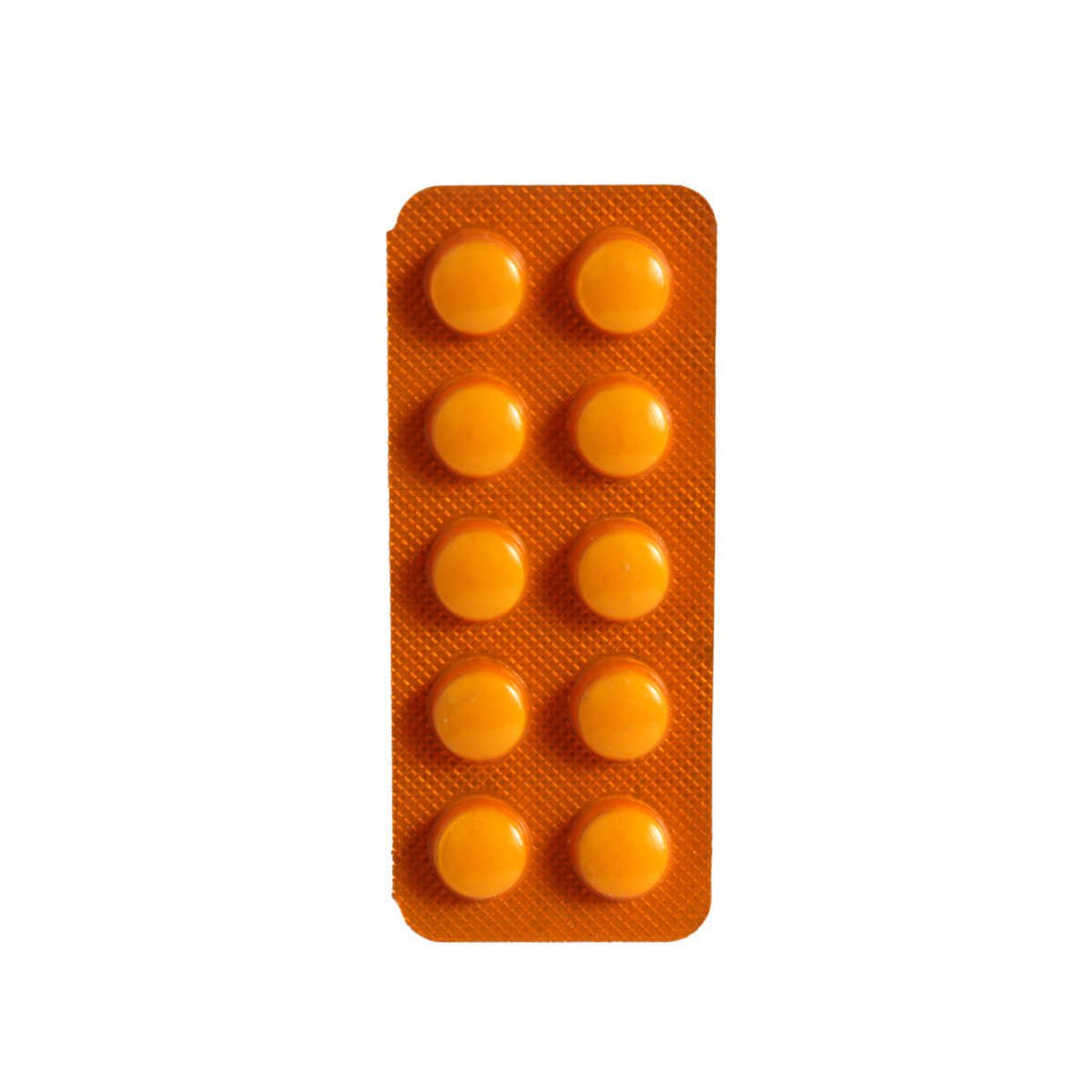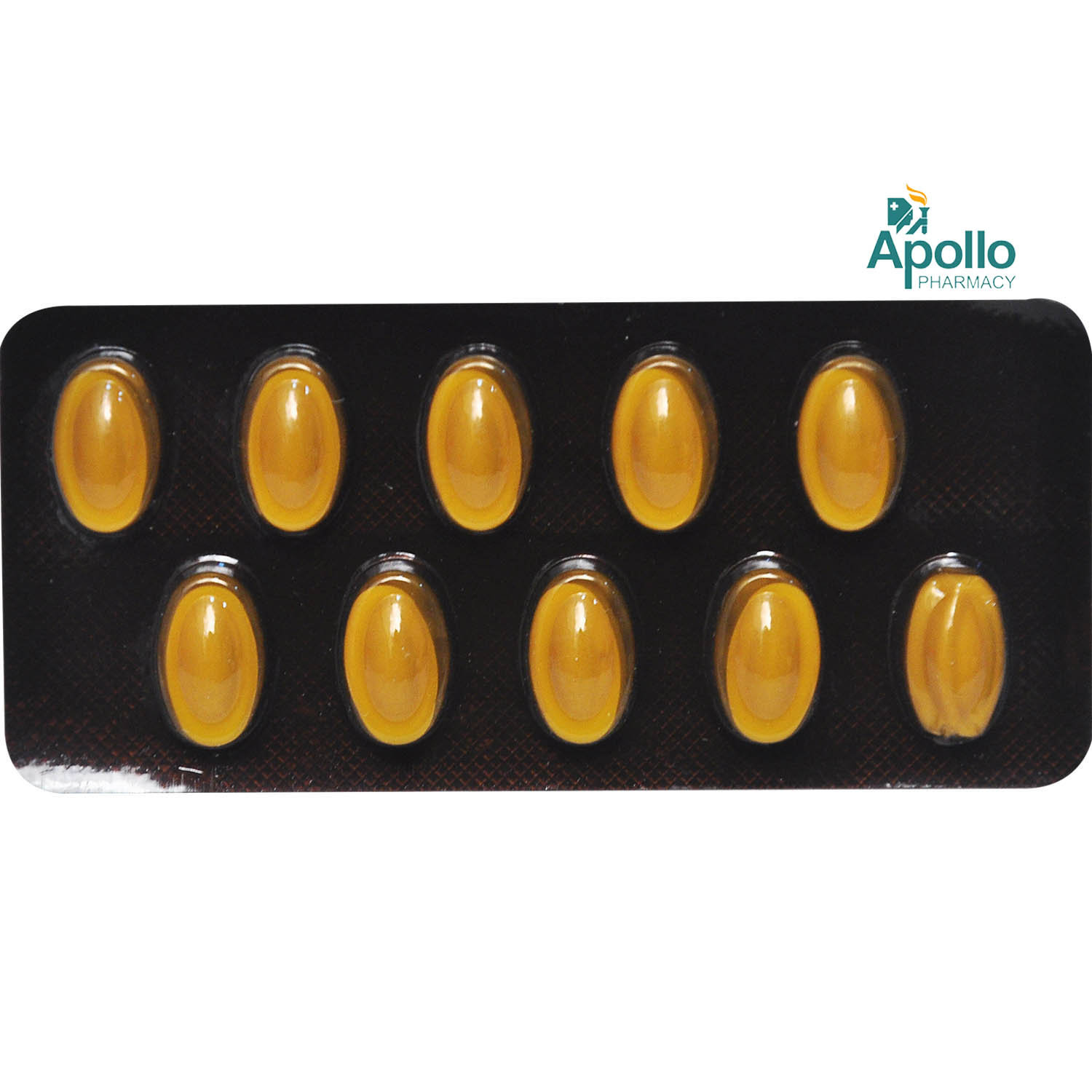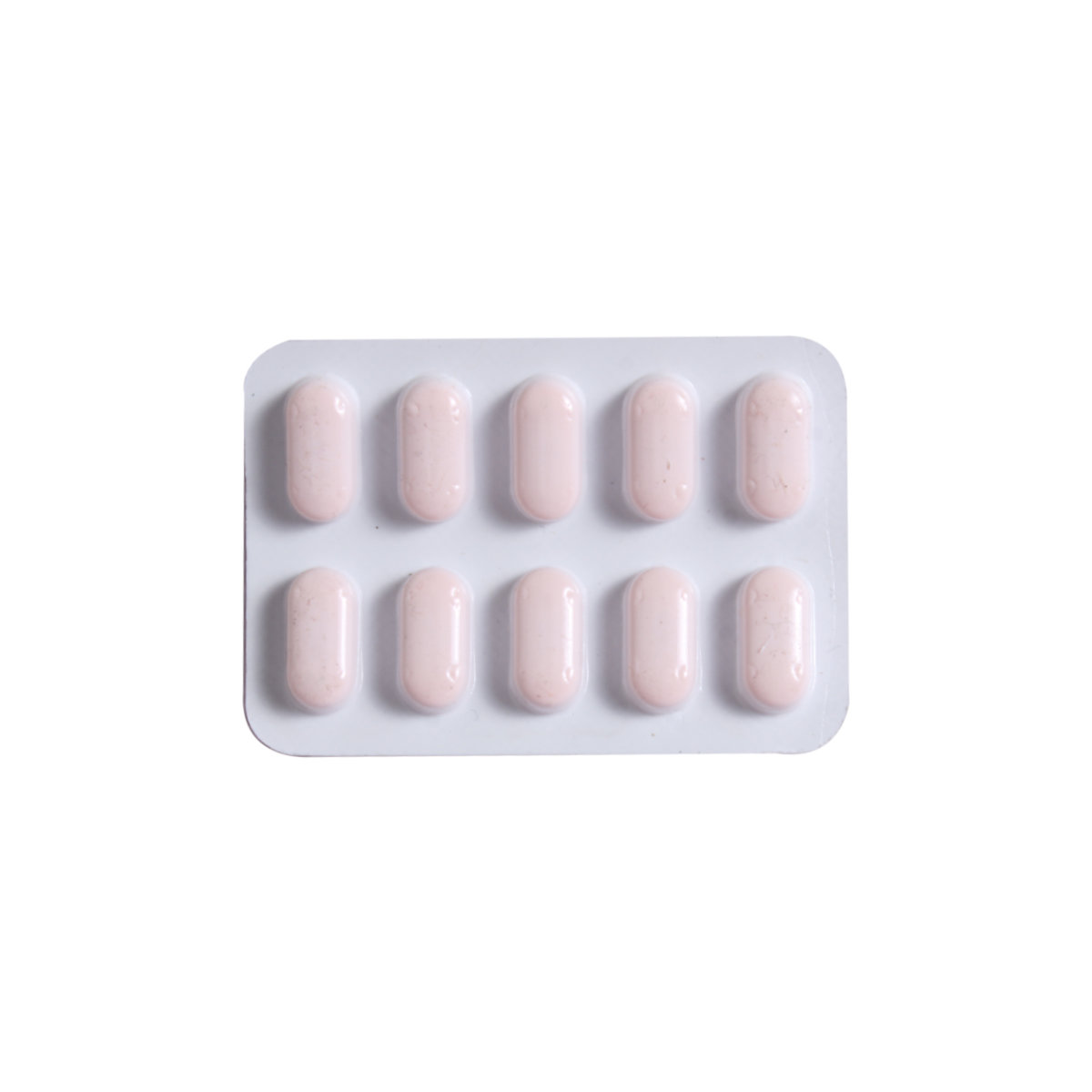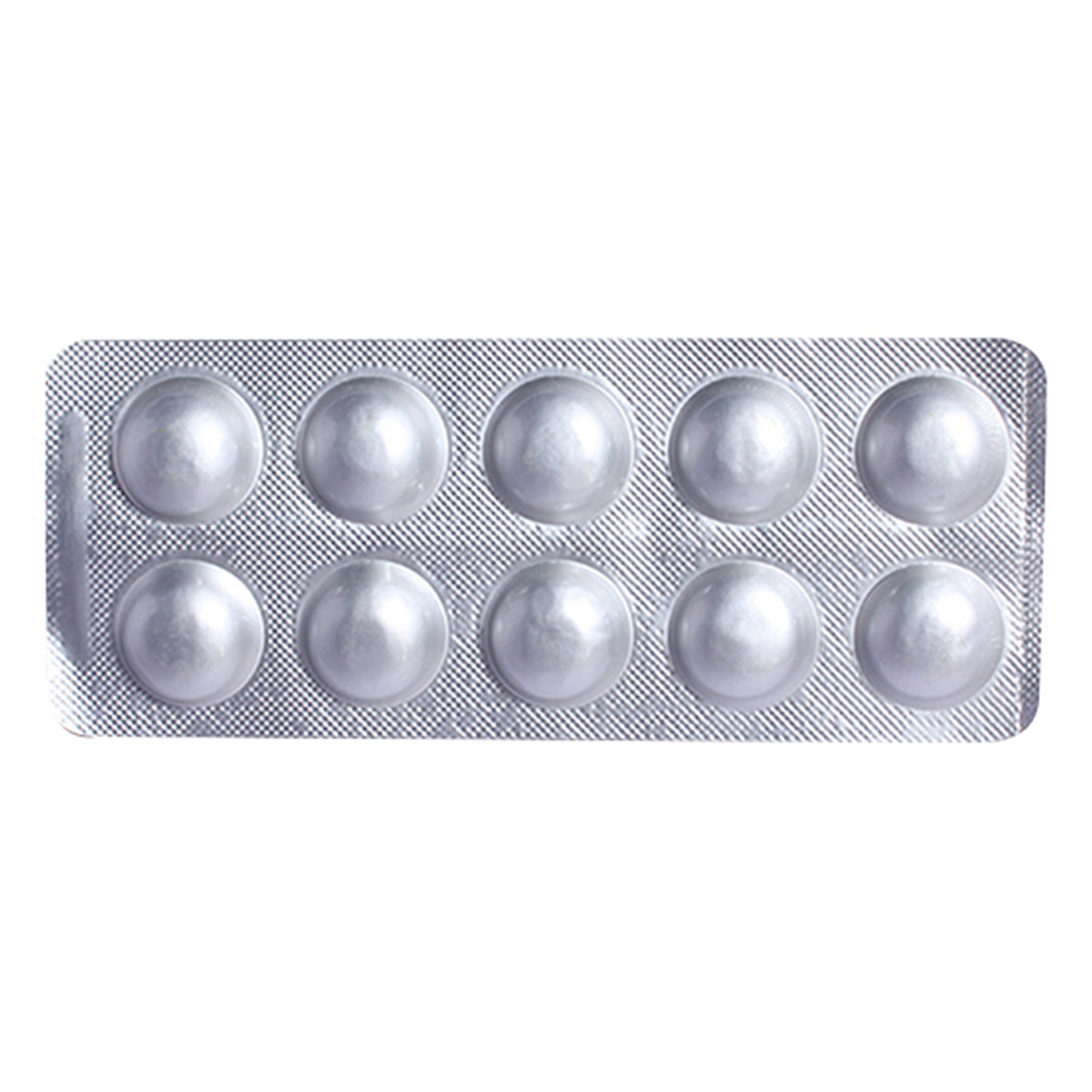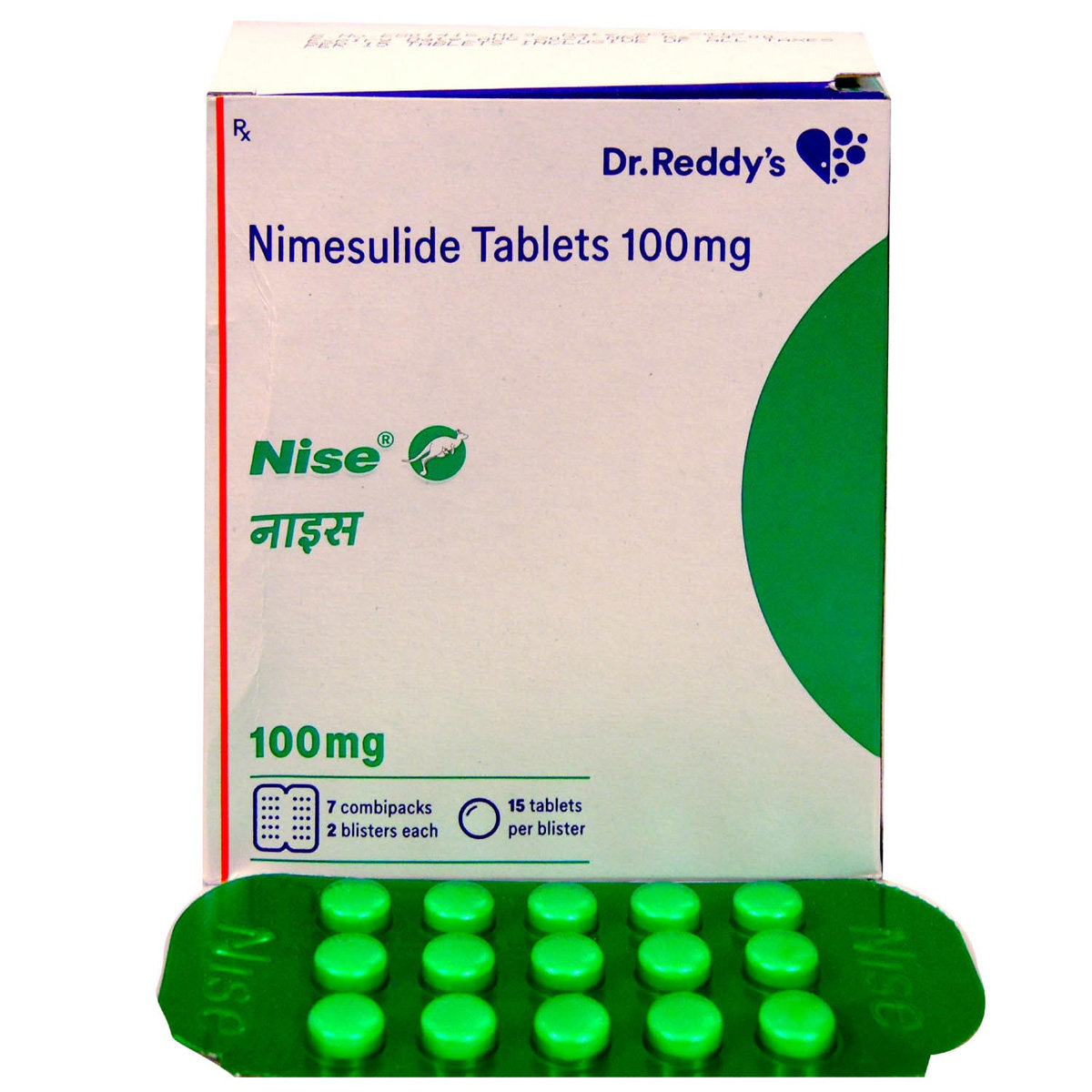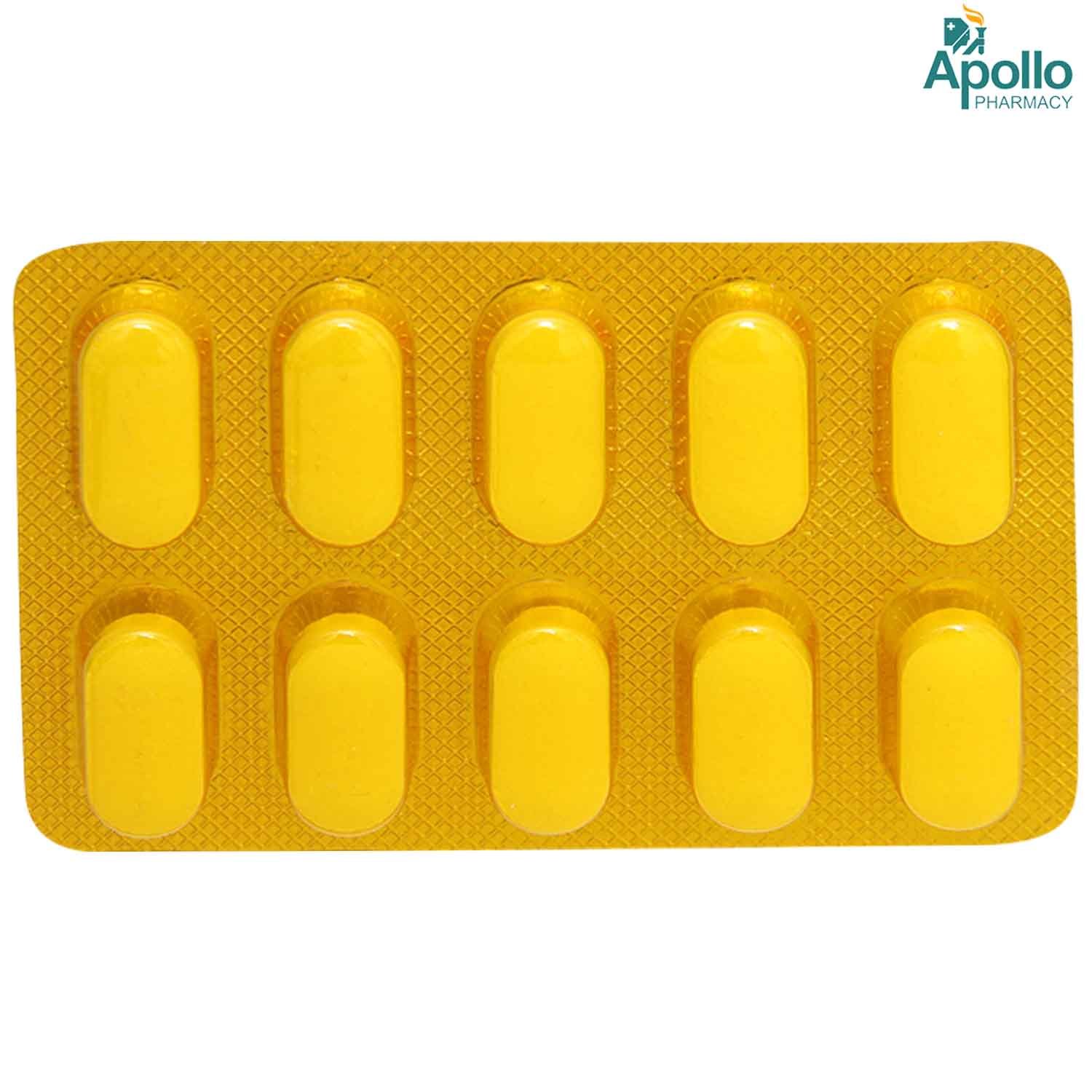Nid-MD Dispersible Tablet 10's
MRP ₹25
(Inclusive of all Taxes)
₹3.8 Cashback (15%)
Provide Delivery Location
Online payment accepted
 Prescription drug
Prescription drugWhats That
Composition :
Manufacturer/Marketer :
Consume Type :
Return Policy :
About Nid-MD Dispersible Tablet 10's
Nid-MD Dispersible Tablet 10's belongs to a class of painkillers called Non-Steroidal Anti-Inflammatory Drugs (NSAIDs) used to treat pain and dysmenorrhea (painful periods or menstrual cramps). Besides this, it is also used to treat dental pain, which can occur due to damage to the tooth nerve, infection, decay, extraction, or injury.
Nid-MD Dispersible Tablet 10's contains Nimesulide which works by blocking the effect of a chemical known as prostaglandin responsible for inducing pain and inflammation in the body.
Take Nid-MD Dispersible Tablet 10's as prescribed. Like all medicines, Nid-MD Dispersible Tablet 10's may cause common side effects like nausea, diarrhoea, changes in liver enzymes, and vomiting. Most of these side effects do not necessitate medical attention and gradually resolve over time. However, if the side effects persist or worsen, consult a doctor.
Do not take Nid-MD Dispersible Tablet 10's if you are allergic to any of its components. It is not recommended for use in children, people with liver disease, heart disease, and gastric ulcers/bleeding problems. Nid-MD Dispersible Tablet 10's may affect fertility and can pass in milk. The use of Nid-MD Dispersible Tablet 10's should be avoided in pregnant and nursing mothers. Inform your doctor if you have heart problems as it may increase the risk of heart attack (myocardial infarction).
Uses of Nid-MD Dispersible Tablet 10's
Directions for Use
Key Benefits
Nid-MD Dispersible Tablet 10's is composed of nimesulide, primarily used to treat mild to moderate pain. Nid-MD Dispersible Tablet 10's works by blocking the effect of a chemical known as prostaglandin, responsible for inducing pain and inflammation in the body.
Storage
Drug Warnings
Please inform your doctor before starting Nid-MD Dispersible Tablet 10's if you have an active stomach ulcer, recent gastrointestinal bleeding, asthma, recent by-pass heart surgery, heart disease, severe renal/hepatic impairment, or a history of allergy to any painkillers. Nid-MD Dispersible Tablet 10's is not recommended in case of alcoholism, drug addiction, coagulation problems, in children, pregnancy, and breastfeeding mothers.
Drug-Drug Interactions
Drug-Drug Interactions
Login/Sign Up
Drug-Food Interactions
Drug-Food Interactions
Login/Sign Up
Diet & Lifestyle Advise
- Get adequate sleep as resting the muscles can help in reducing inflammation and swelling.
- Acupuncture, massage and physical therapy may also be helpful.
- Eat foods rich in antioxidants such as berries, spinach, kidney beans, dark chocolate, etc.
- Foods containing flavonoids such as soy, berries, broccoli, grapes and green tea help in reducing inflammation.
- Maintain a healthy weight by performing regular low-strain exercises and eating healthy food.
- Avoid smoking and alcohol consumption.
Side Effects of Nid-MD Dispersible Tablet 10's
- Diarrhoea
- Nausea
- Vomiting
- Changes in hepatic enzymes
Habit Forming
Therapeutic Class
All Substitutes & Brand Comparisons
RX
Nimprex 100 Mg Tablet 15's
Seagull Pharmaceutical Pvt Ltd
₹24
(₹1.44 per unit)
42% CHEAPERRX
Nimeson Tablet 10's
Unison Pharmaceuticals Pvt Ltd
₹24
(₹2.17 per unit)
13% CHEAPERRX
Nicip Tablet 10's
Cipla Ltd
₹40.5
(₹3.65 per unit)
45% COSTLIER
Drug-Diseases Interactions
Drug-Diseases Interactions
Login/Sign Up
FAQs
Drug-Drug Interactions Checker List
- THEOPHYLLINE
- WARFARIN
- INSULIN
- PHENYTOIN
- METHOTREXATE
- CYCLOSPORINE
- DIDANOSINE
Disease/Condition Glossary
Pain: Pain can be short-term (acute) or long-term (chronic) in nature. Acute pain is for a short time caused by damage to the tissues of the muscle, bone, or organs. Chronic pain lasts for longer duration; it is caused due to pathologies like nerve damage, osteoarthritis, and dental pain due to damage to the tooth nerve, infection, decay, extraction, or injury.

Have a query?
Alcohol
Safe if prescribed
Taking Nid-MD Dispersible Tablet 10's with alcohol may cause dizziness or drowsiness. So, avoid or limit the intake of alcoholic beverages with Nid-MD Dispersible Tablet 10's.
Pregnancy
Consult your doctor
Use of Nid-MD Dispersible Tablet 10's during pregnancy is not recommended, especially during the last 3 months of pregnancy as it may harm the unborn baby.
Breast Feeding
Consult your doctor
Use of Nid-MD Dispersible Tablet 10's during breastfeeding is not recommended as it may pass through the milk and harm the baby.
Driving
Safe if prescribed
Nid-MD Dispersible Tablet 10's may cause dizziness, sleepiness, and drowsiness. Drive only if you are alert.
Liver
Consult your doctor
Nid-MD Dispersible Tablet 10's can cause hepatotoxicity (liver damage). So, it is not recommended in people with liver disease/impairment.
Kidney
Consult your doctor
Nid-MD Dispersible Tablet 10's to be taken with caution, especially if you have a history of kidney diseases/conditions. The dose may have to be adjusted by your doctor.
Children
Safe if prescribed
Nid-MD Dispersible Tablet 10's is contraindicated in children below 12 years of age. It may cause kidney problems in children and adolescents who are dehydrated.




